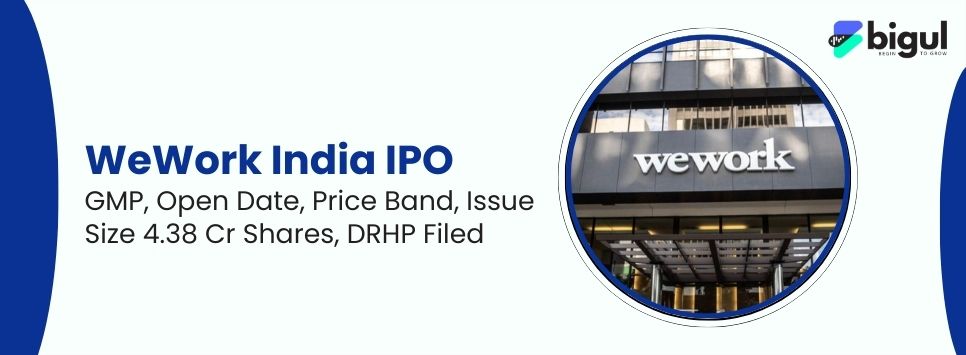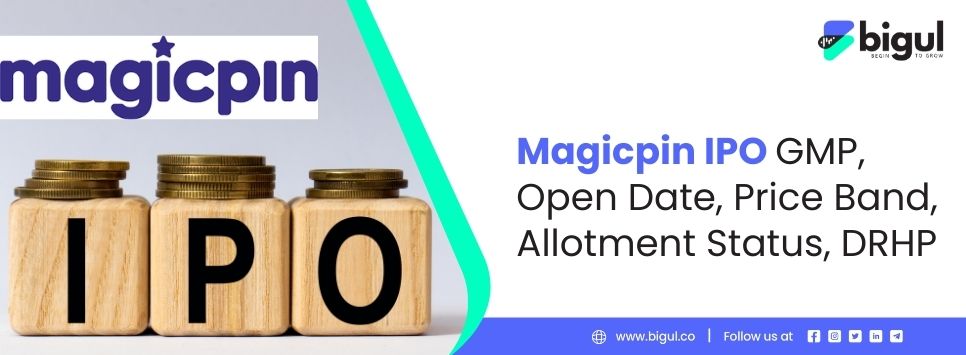Do you know what pledging is? Pledging is when you offer something valuable, like jewellery or stocks, as security to borrow money. It’s like saying, “I’ll give you this, and you lend me some cash.” This process helps you access funds, like a personal agreement.
So, when you’re pledging, you’re essentially making a deal: you get financial support, and in return, you hand over something valuable until you pay it back. In this article, you’ll grasp the essentials of pledging, who qualifies, the associated costs, and how to reverse the deal if needed.
Get ready for an insightful journey.
What is Pledging of Shares?
Pledging shares involves using your stocks as collateral for a loan. This is also known as taking a loan against securities. When you pledge, you’re essentially offering your shares as security to secure a loan. If you fail to meet repayment obligations, the lender can sell the pledged shares to recover their funds.
This practice allows you to access liquidity without selling your stocks outright, but it comes with risks—market fluctuations may lead to forced sell off.
Pledging shares is a common way for companies and individuals to raise capital. Promoters can use pledged shares to:
- Meet working capital requirements
- Clear existing debt
- Fund personal needs
- Fund acquisitions or other ventures
How Does the Pledging of Shares Work?
When you pledge shares, you offer them as collateral for a loan. A formal agreement, called a pledge agreement, is executed between you (the pledger), the lender, and the depository participant.
The pledged shares are transferred to a demat account held by the lender, ensuring control. Interest rates and other terms vary. If you default, the lender can sell the pledged shares to recover the loan.
If you are pledging, It’s crucial to stay informed about market conditions, as fluctuations can trigger margin calls or forced selling. Always carefully assess the risks and implications before pledging shares in India.
Why Do Promoters Pledge their Shares?
Promoters of companies may pledge their shares for a number of reasons, including:
- Raising capital: Pledging shares is a quick way to raise capital without diluting equity.
- Meeting financial obligations: Pledging shares can be a good alternative to selling shares.
- Investing in the market: Pledging shares can be a strategy to invest in the market without sacrificing profits.
- Borrowing loans: Companies can borrow loans to meet their operational requirements.
- Funding other ventures: Promoters can use pledged shares to fund other ventures or acquisitions.
Pledging shares allows promoters to leverage their existing shareholding without selling the shares outright, maintaining control over the company.
Can Lender Sell the Pledged Shares?
Yes, when you pledge shares, the lender has the right to sell them in the market if you fail to meet the repayment obligations or if there is a default. This is typically done to recover the loan amount.
The lender can sell the pledged shares either partially or entirely, depending on the terms outlined in the pledge agreement.
It’s important for individuals to be aware of the potential consequences and closely monitor their financial commitments when pledging shares to mitigate the risk of forced selling by the lender.
What is a Haircut in Pledging?
Haircut refers to the percentage reduction applied to the market value of the pledged assets when calculating the collateral’s worth. Lenders impose haircuts to mitigate potential losses in case of market fluctuations.
For example, if you pledge assets worth Rs. 1000 with a 10% haircut, the lender considers the collateral value to be Rs. 900.
The haircut acts as a buffer, providing a margin of safety for the lender in case the market value of the pledged assets declines. Higher-risk assets often have higher haircuts to account for their volatility.
What is the Unpledge of Shares?
Unpledge of shares refers to the process of releasing the collateralized shares from a pledge. When you have pledged shares to secure a loan, unpledging occurs when you repay the loan or fulfil the conditions specified in the pledge agreement.
Once the obligations are met, the pledged shares are released and returned to your demat account. Unpledging provides you with the freedom to trade or sell the shares without any encumbrance.
It’s important to follow the necessary procedures and documentation outlined by the depository participant and lender to ensure a smooth and legally compliant unpledging process.
Advantages of Pledging Shares
Pledging shares can offer several advantages:
1. Liquidity Access
Pledging shares gives you the advantage of accessing immediate funds without selling your stocks. This liquidity access allows you to meet financial needs or investment opportunities while retaining ownership of your shares. It’s a way to unlock value from your portfolio without the need to liquidate, offering flexibility and preserving potential future gains.
2. Retain Ownership
By pledging shares, you retain ownership while accessing funds. This means you can benefit from any future increase in the value of your shares. It offers a financial advantage by allowing you to leverage the assets without sacrificing the potential gains associated with ownership. This provides a balance between liquidity needs and the potential for long-term capital appreciation.
3. Diversification
Pledging shares lets you diversify your investments without selling them. You retain ownership, benefiting from potential value increases, while accessing funds for other opportunities. This strategy allows you to spread risk across various assets, potentially improving your overall portfolio stability and performance. However, be mindful of market conditions and carefully assess the associated risks to make informed financial decisions.
4. Tax Efficiency
When pledging shares, you benefit from potential tax efficiency. Unlike selling shares, which may incur capital gains taxes, pledging generally doesn’t trigger immediate tax liabilities. This allows you to access funds without facing immediate tax consequences, contributing to the overall financial advantage of using your shares as collateral for loans.
Disadvantages of Pledging Shares
Pledging shares comes with its share of disadvantages and risks:
- Interest Costs: Pledging involves paying interest on the borrowed amount. High-interest rates or unfavourable loan terms can increase the overall cost of the pledged funds.
- Loss of Control: When shares are pledged, the lender gains control over them. In case of default, the lender may sell the shares without your consent to recover the loan, potentially resulting in loss of ownership.
- Default Risks: Failure to meet repayment obligations can lead to severe consequences, including the forced sale of the pledged shares, impacting your financial stability.
- Limited Upside Participation: While you retain ownership, you may miss out on potential gains if the value of the pledged shares increases significantly and you are unable to participate fully in that growth.
Is Pledging of Shares Risky for Investors?
Yes, pledging shares can be risky for investors. While it provides a way to access liquidity without selling the shares, it comes with potential downsides. If the value of the pledged shares drops significantly, there is a risk of margin calls requiring additional collateral or forced selling. Market fluctuations and adverse economic conditions can amplify these risks, leading to potential financial losses.
It’s crucial for you to thoroughly understand the terms of the pledge agreement, assess the potential impact on your portfolio, and carefully manage the associated risks before opting for share pledging.
Final Thoughts
Be cautious when pledging shares—it can offer liquidity but carries risks, such as forced selling during market downturns. Understand the terms, monitor market conditions, and assess the impact on your investments. Remember, awareness is key to managing potential downsides.
If you’re looking for a reliable trading platform, consider Bigul—it provides a user-friendly experience and valuable resources for informed decision-making.








.jpg)
.jpg)
